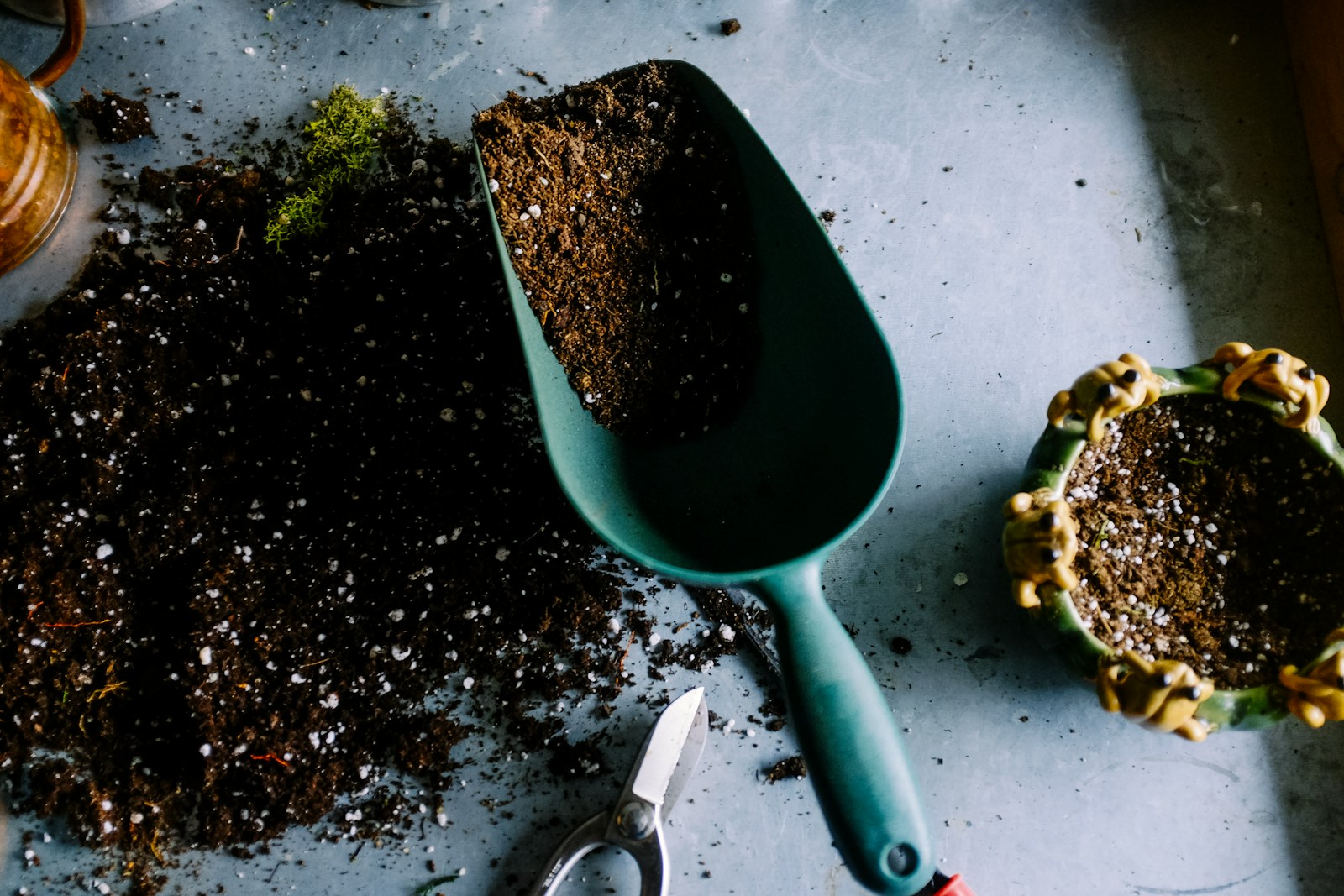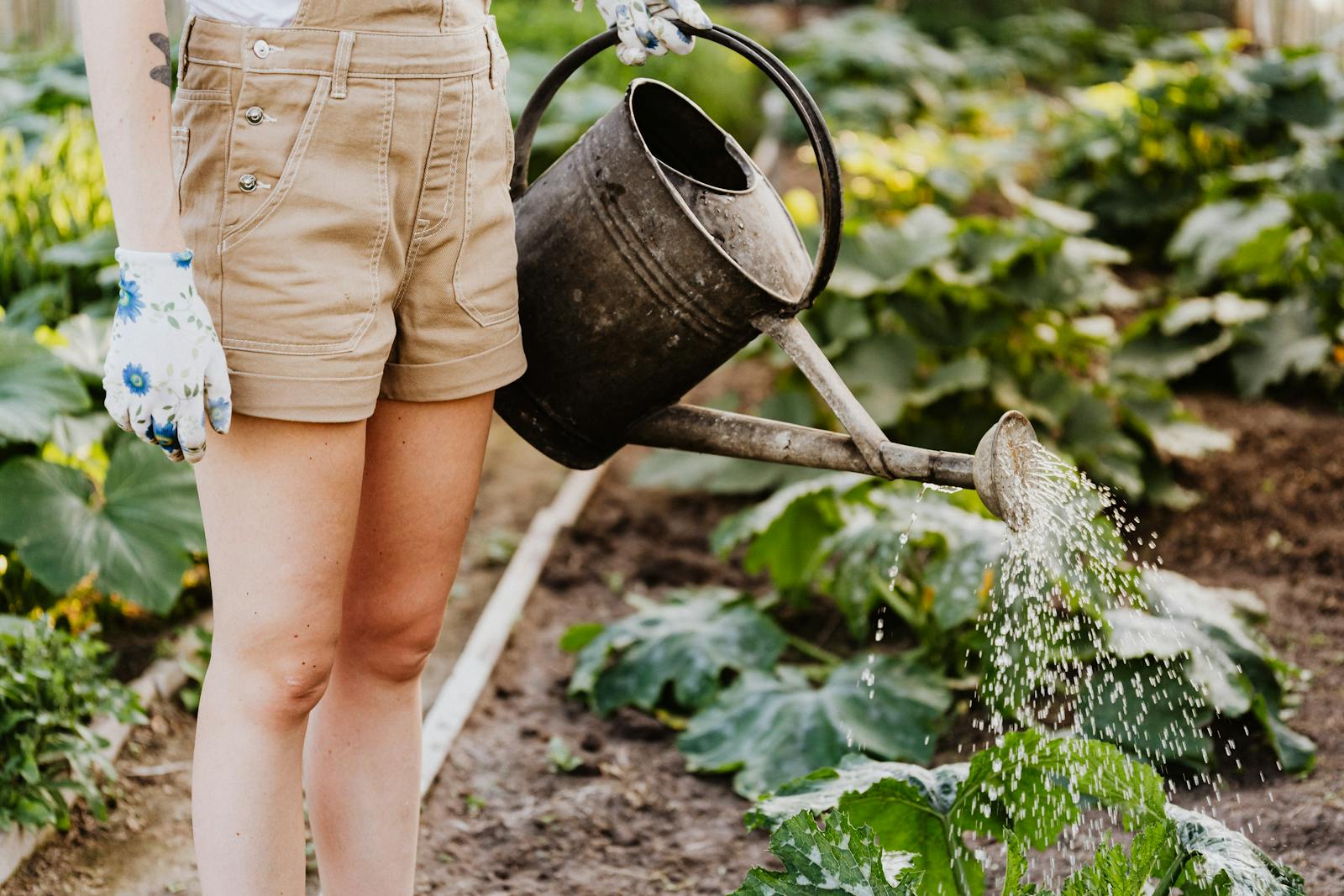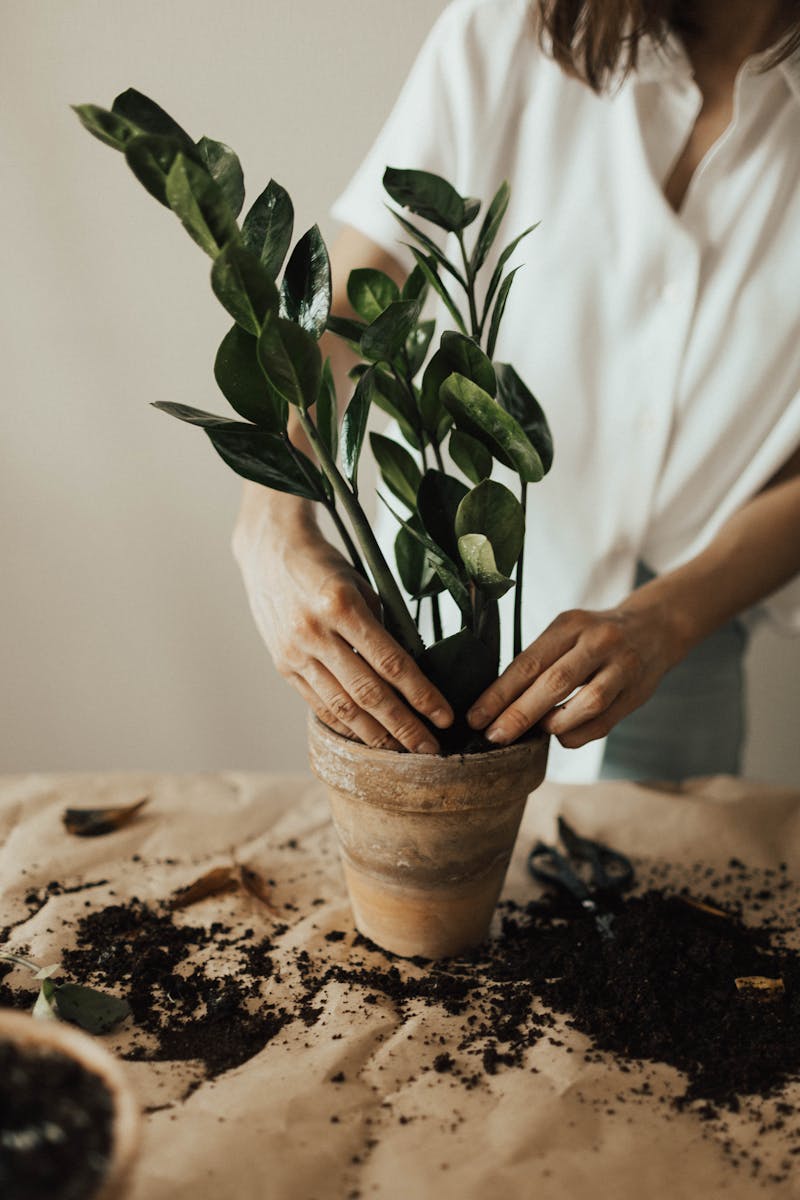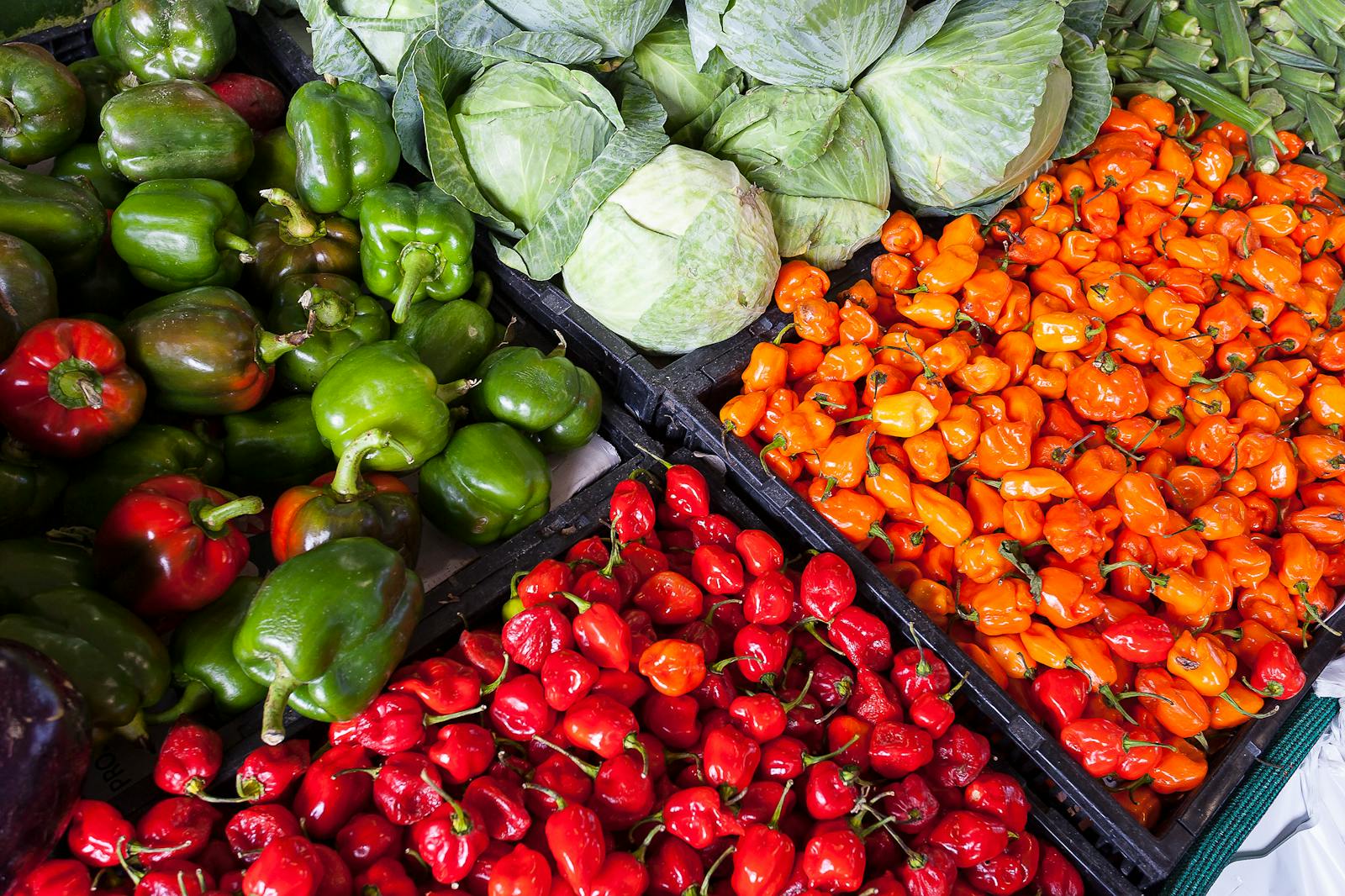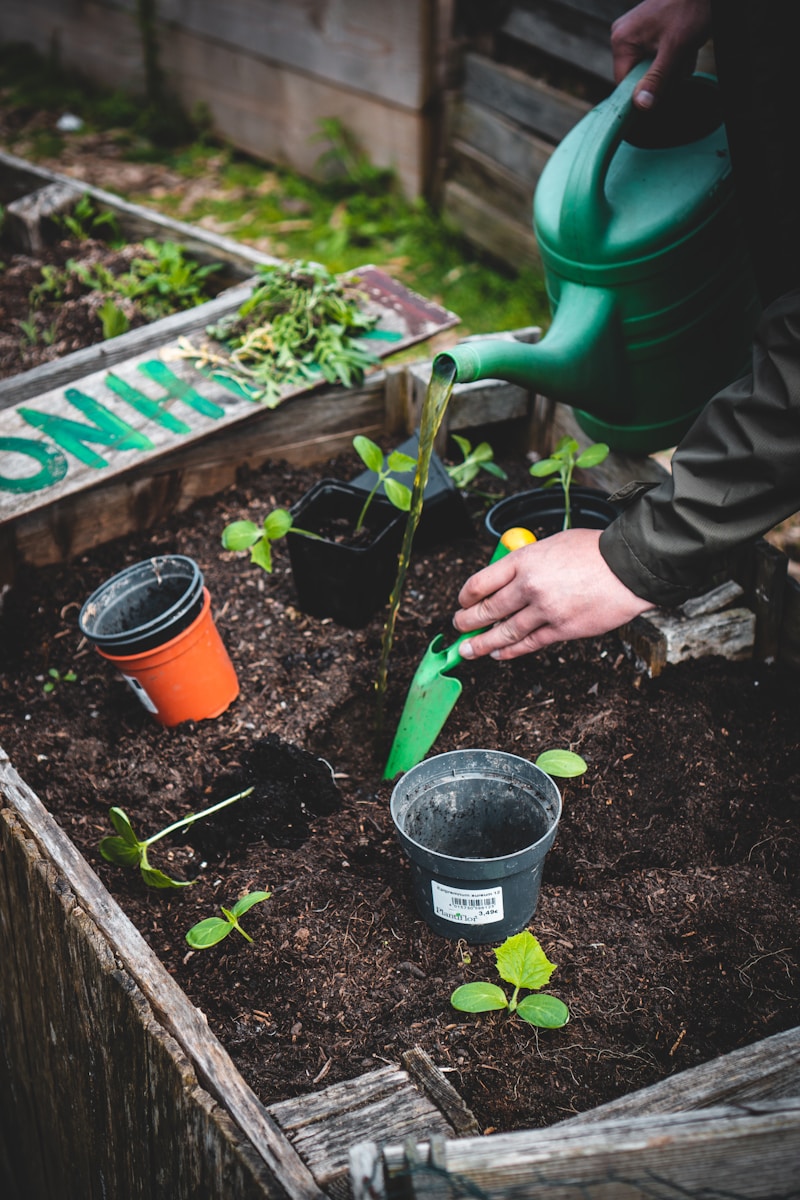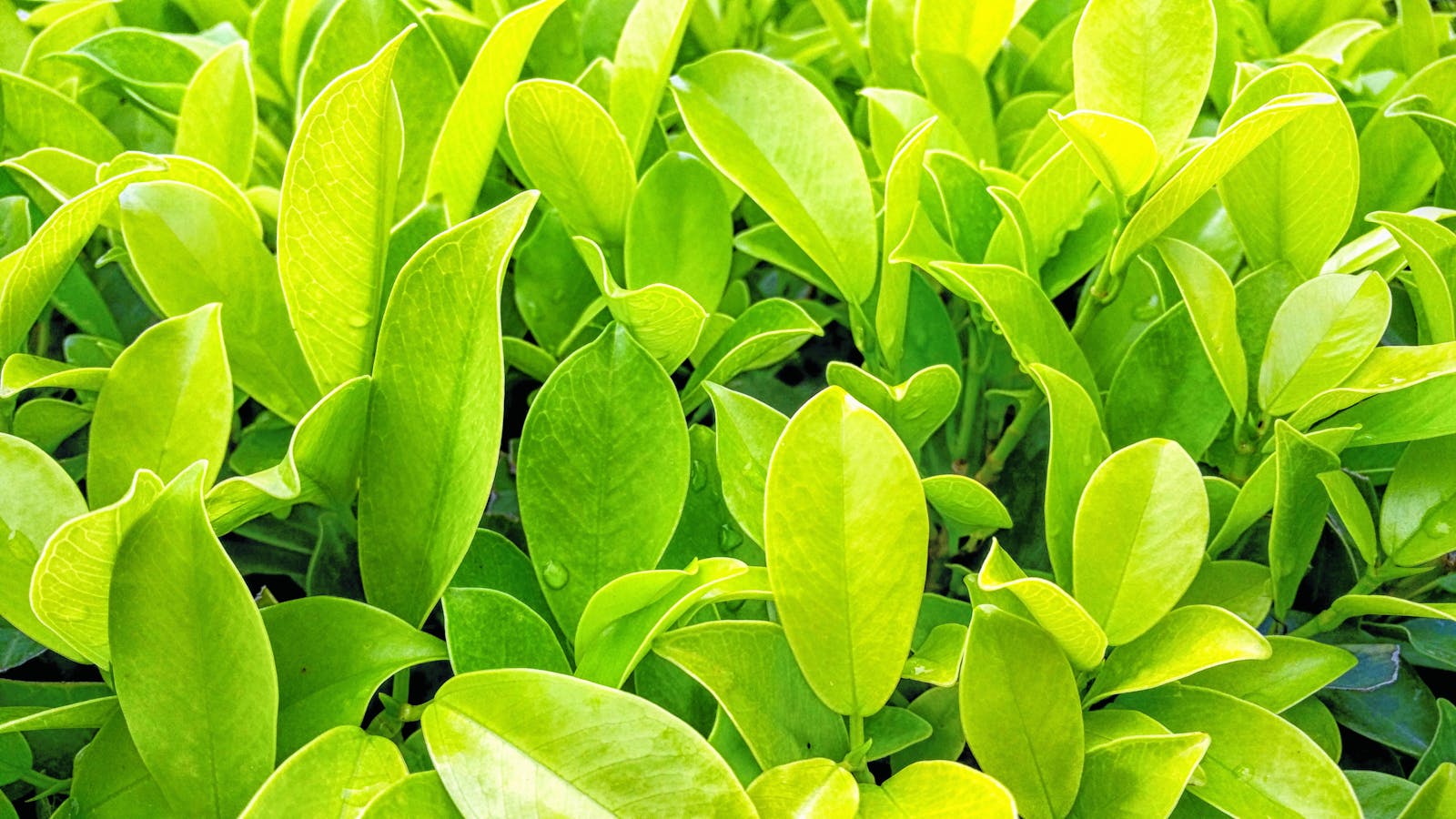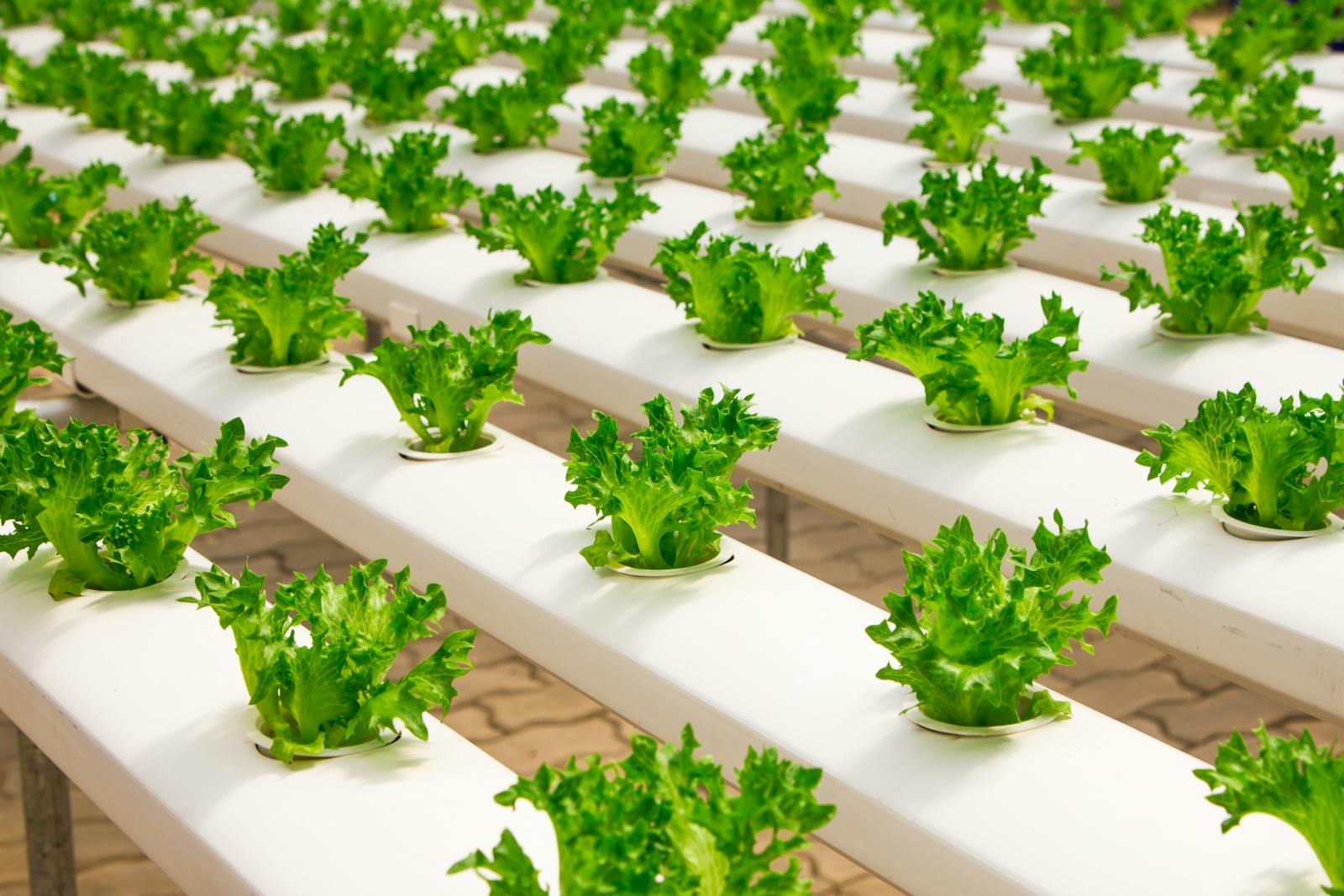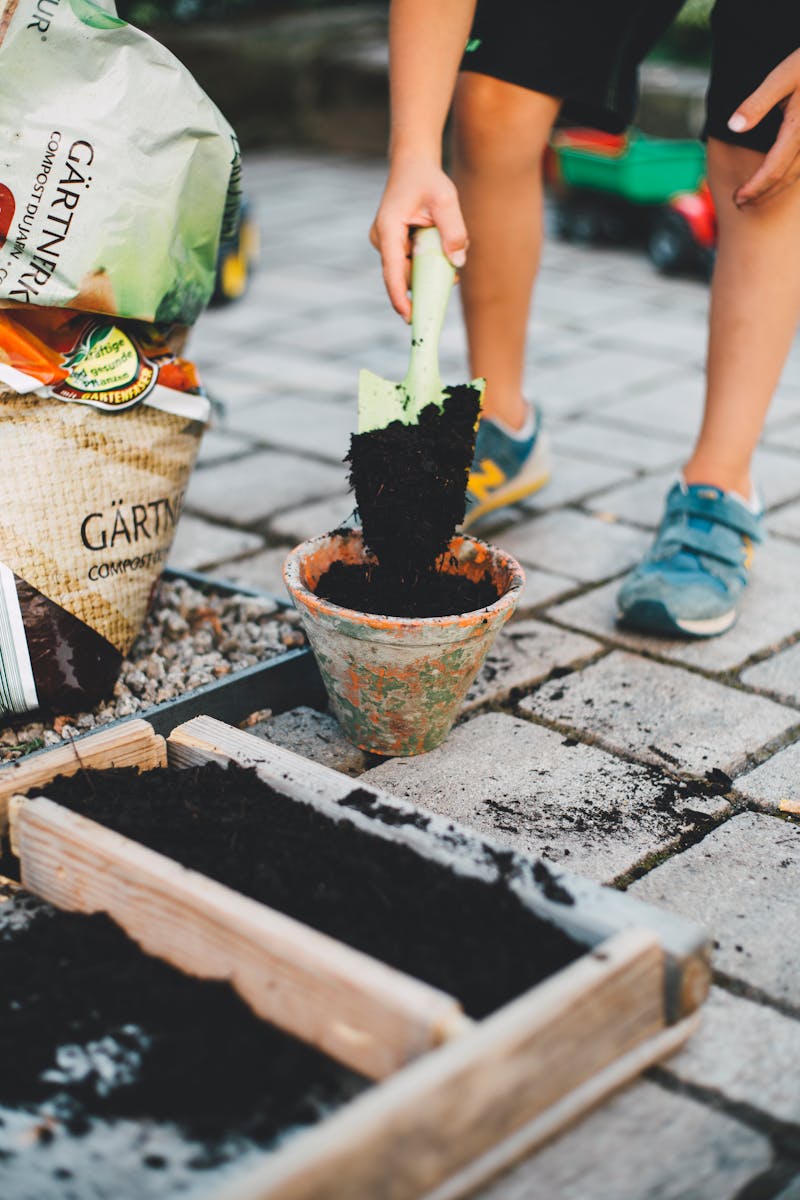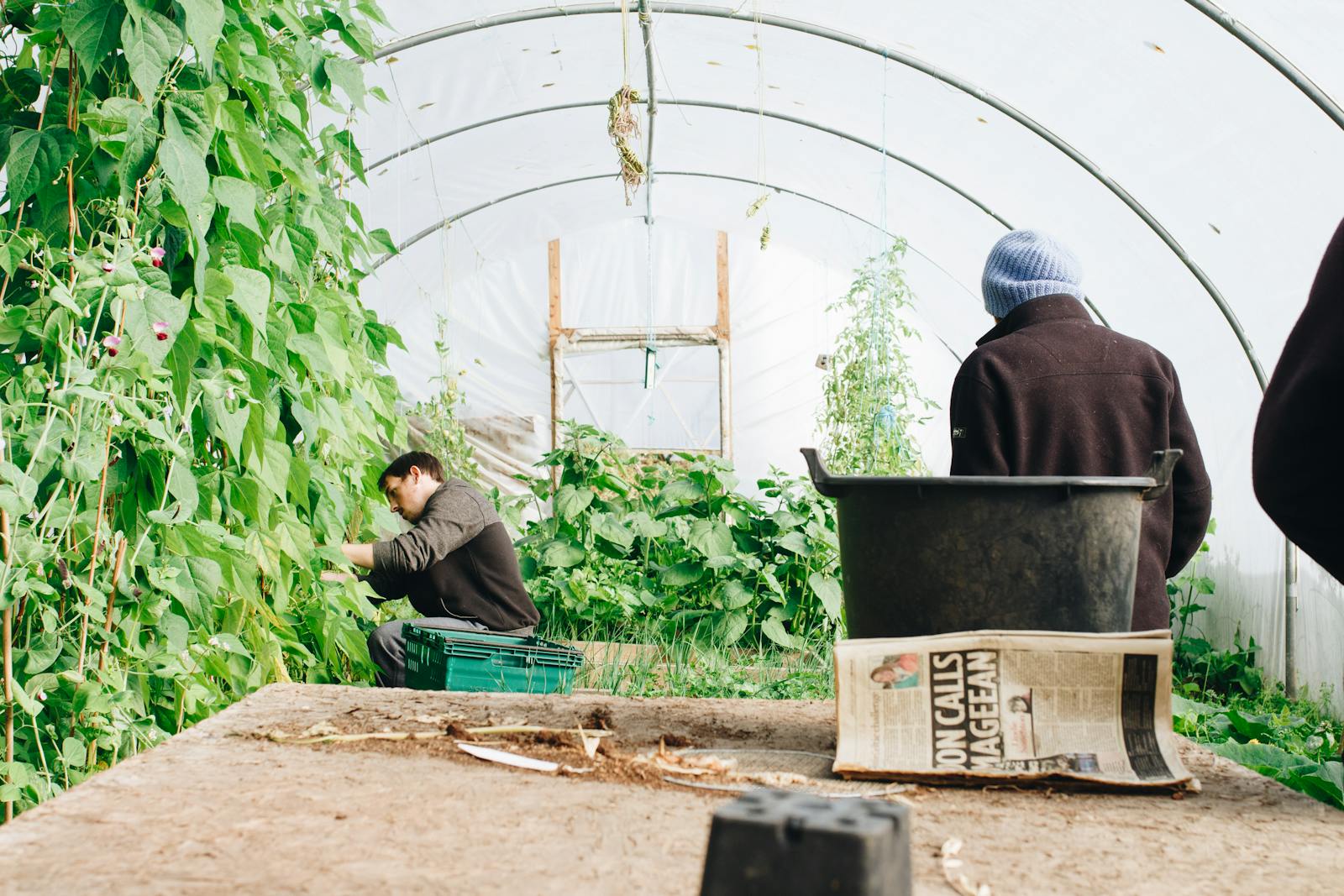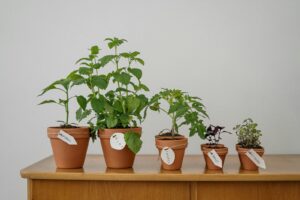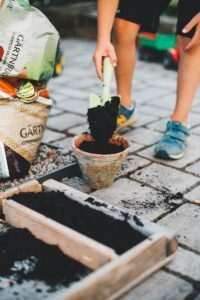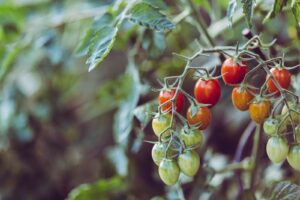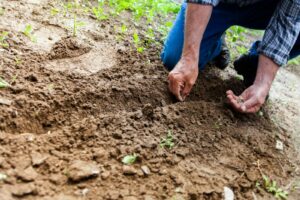Introduction
Organic matter is one of the cornerstones of a healthy garden. Whether you are growing vegetables, flowers, or even decorative plants, understanding organic matter and its role in soil health is key to creating an optimal growing environment. In this post, we’ll define organic matter, explore its benefits, and discuss how it can improve your soil for a more productive and sustainable garden. So, what is organic matter, and why does it matter for your garden?
1. What is Organic Matter in Gardening?
Organic matter refers to any plant or animal-based material that has decomposed or is in the process of decomposing. This can include a wide variety of materials like plant residues, animal manures, kitchen scraps, leaves, and even compost. When these materials break down, they become a vital component of the soil, enhancing its structure, fertility, and ability to retain moisture.
There are two main types of organic matter in the soil:
- Fresh Organic Matter: This includes recently fallen leaves, plant trimmings, and other plant debris. While fresh organic matter is still breaking down, it contributes to soil nutrient cycling.
- Decomposed Organic Matter: This is the fully broken-down organic matter, commonly known as humus. Humus improves soil structure and fertility over time, providing nutrients to plants in a slow-release manner.
2. The Role of Organic Matter in Soil Health
Organic matter is a game-changer for soil health. It provides numerous benefits that make the soil a better environment for plant growth. Here’s how it works:
- Improves Soil Structure: Organic matter helps break up heavy, compacted soils (such as clay) and improves aeration. It also helps bind sandy soils together, improving their ability to retain nutrients and moisture.
- Increases Water Retention: Organic matter acts like a sponge, absorbing water and slowly releasing it to plants. This makes it easier to maintain consistent moisture levels, reducing the need for frequent watering.
- Enhances Nutrient Content: As organic matter decomposes, it releases essential nutrients like nitrogen, phosphorus, and potassium into the soil. This ensures a steady supply of nutrients for plants throughout their growth cycle.
- Supports Soil Microorganisms: Organic matter serves as food for beneficial microorganisms like bacteria, fungi, and earthworms. These organisms break down the organic material and improve soil health by cycling nutrients and improving soil texture.
3. Benefits of Organic Matter in the Garden
Adding organic matter to your garden is one of the easiest ways to improve soil and plant health. Here are some of the key benefits:
- Promotes Healthy Plant Growth: Plants thrive in nutrient-rich, well-structured soil. Organic matter helps create this ideal environment, leading to healthier, stronger plants that are more resilient to pests, diseases, and environmental stress.
- Reduces Erosion: Organic matter helps improve soil structure, making it more resistant to erosion. By increasing water retention and improving soil cohesion, organic matter helps protect your garden from the effects of heavy rain and wind.
- Improves Soil Fertility: Organic matter slowly releases nutrients into the soil, ensuring that your plants have a constant supply of essential elements. This reduces the need for synthetic fertilizers, which can be harmful to the environment.
- Encourages Beneficial Microbial Life: Healthy soil is teeming with microorganisms that help decompose organic matter and cycle nutrients. By adding organic matter to your garden, you’re providing a habitat for these beneficial organisms, which in turn create a thriving, balanced ecosystem.
- Reduces the Need for Chemical Fertilizers: Organic matter, especially compost, acts as a natural fertilizer. It provides a steady release of nutrients and reduces the need for synthetic chemicals, making it an eco-friendly gardening solution.
4. How to Add Organic Matter to Your Soil
Adding organic matter to your garden doesn’t require much effort but can yield significant results. Here are some simple ways to incorporate organic matter into your soil:
- Composting: One of the best ways to add organic matter is by composting. Composting involves breaking down organic materials such as kitchen scraps, yard waste, and plant residues into nutrient-rich compost that can be added to your garden. Simply add a 2-3 inch layer of compost over your soil and incorporate it into the top 3-4 inches of soil using a garden fork or tiller.
- Mulching: Instead of working organic matter into the soil, you can apply it as a mulch around your plants. Mulch helps retain moisture, suppress weeds, and slowly releases nutrients as it decomposes. Organic mulches like wood chips, leaves, and straw are ideal for improving soil health over time.
- Manure: Well-composted animal manure, such as from chickens, cows, or horses, is an excellent source of organic matter. Be sure to compost manure thoroughly before applying it to avoid burning plants and introducing pathogens.
- Cover Crops: Growing cover crops like clover, rye, or legumes is another way to increase organic matter in your soil. These plants can be tilled into the soil at the end of the growing season, adding nitrogen and other nutrients while improving soil structure.
5. How Much Organic Matter Should You Add?
While organic matter is beneficial for the soil, it’s important to apply it in the right amounts. Too much organic matter can lead to issues like waterlogging, nutrient imbalances, or excessive microbial activity that harms plant roots.
- Incorporating Compost: For most gardens, adding a 2-3 inch layer of compost and mixing it into the top 3-4 inches of soil is sufficient. This will improve soil structure, fertility, and moisture retention without overwhelming your plants.
- Mulching: A 1-2 inch layer of organic mulch around plants is generally enough to suppress weeds, retain moisture, and improve soil health. Be sure to leave space around plant stems to prevent rotting.
- Animal Manure: If you’re using manure, be sure it’s well-composted to prevent burning plants. A thin layer (about 1-2 inches) is sufficient for most gardens. Be cautious of overapplying, as manure can increase soil nitrogen levels excessively.
6. Signs That Your Soil Needs More Organic Matter
Your plants will often tell you if they’re not thriving due to soil deficiencies. Here are some signs that your soil may benefit from more organic matter:
- Poor Drainage: If your soil is heavy and waterlogged, it may be lacking in organic matter. Adding compost or organic matter will help improve soil structure and drainage.
- Low Fertility: If your plants are growing poorly, especially if they’re not producing fruits or flowers, your soil may be low in nutrients. Adding organic matter can provide a slow, steady release of nutrients that plants need.
- Compact Soil: Hard, compacted soil is a sign that it may be missing organic matter. Organic materials help loosen compacted soil, allowing roots to grow more freely.
- Weeds: An overgrowth of weeds may indicate a lack of organic matter. Mulching with organic materials can help suppress weeds and promote better soil health.
7. Common Mistakes to Avoid with Organic Matter
While adding organic matter to your garden is incredibly beneficial, there are a few common mistakes to watch out for:
- Over-applying Organic Matter: While organic matter is beneficial, too much can lead to waterlogging, nutrient imbalances, or reduced oxygen availability for plant roots. Always apply organic matter in moderation.
- Using Fresh Manure: Fresh manure can be too strong for plants and may contain harmful pathogens. Always compost manure before using it in the garden.
- Inadequate Decomposition: If you’re using plant material like leaves or straw, ensure it’s well-decomposed before adding it to your soil. Fresh, undecomposed organic matter can rob the soil of nitrogen and disrupt plant growth.
8. Conclusion
Organic matter is the foundation of healthy soil and a thriving garden. By adding compost, mulch, and other forms of organic matter to your soil, you’re improving its structure, fertility, and ability to retain moisture. These benefits will, in turn, help you grow healthier, more resilient plants. Incorporate organic matter into your gardening routine, and watch your garden flourish with lush, vibrant growth.

